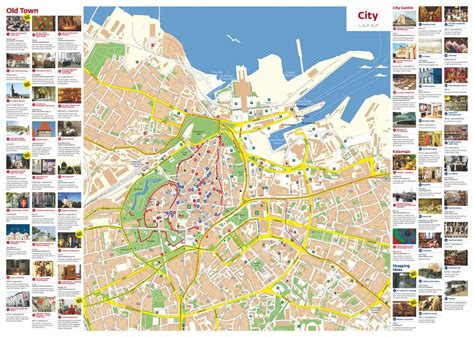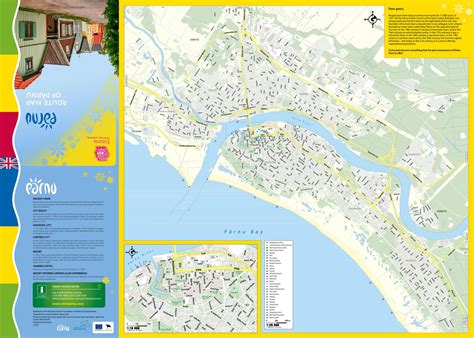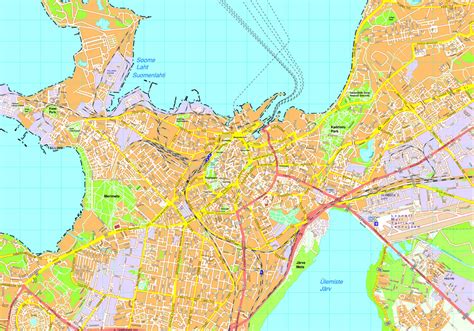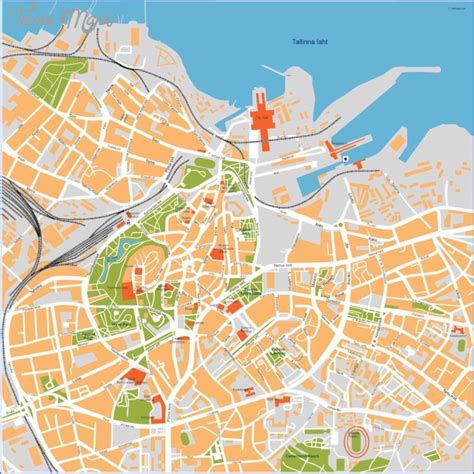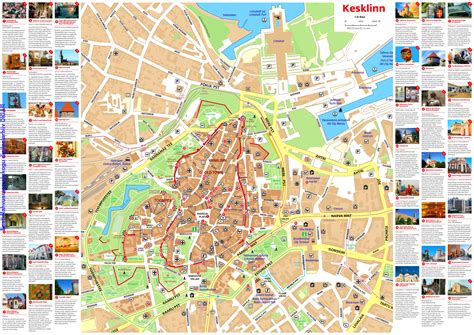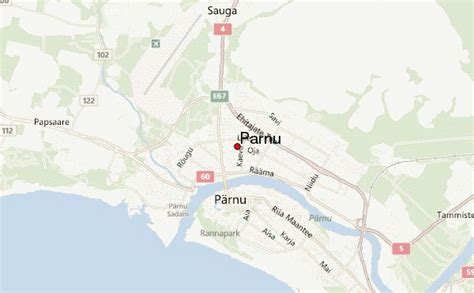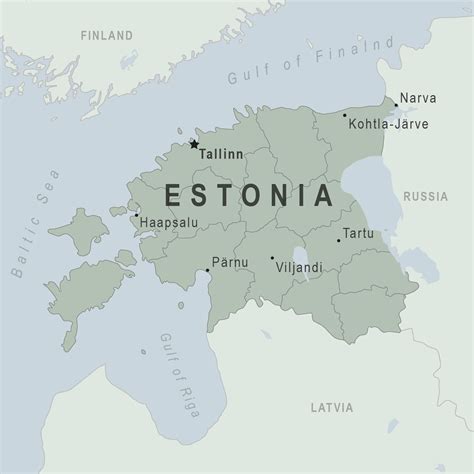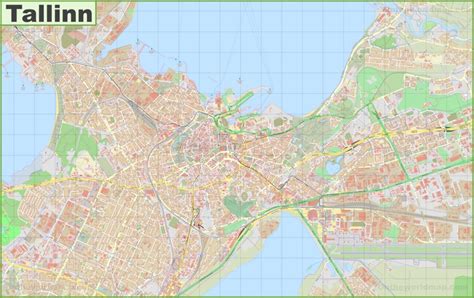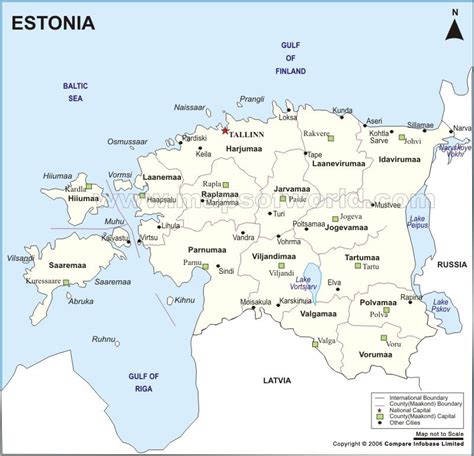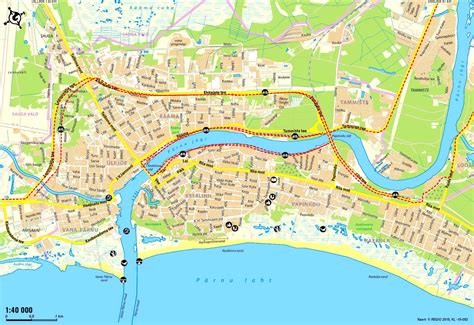Location: Estonia 🌎
Country: Estonia
ISO2 Code: EE
ISO3 Code: EST
Location Type: Country
Latitude: 59
Longitude: 26
Estonia, formally the Republic of Estonia, is a country by the Baltic Sea in Northern Europe. It is bordered to the north by the Gulf of Finland across from Finland, to the west by the sea across from Sweden, to the south by Latvia, and to the east by Lake Peipus and Russia. The territory of Estonia consists of the mainland, the larger islands of Saaremaa and Hiiumaa, and over 2,200 other islands and islets on the eastern coast of the Baltic Sea, covering a total area of 45,339 square kilometres (17,505 sq mi). The capital city Tallinn and Tartu are the two largest urban areas of the country. The Estonian language is the autochthonous and the official language of Estonia; it is the first language of the majority of its population, as well as the world’s second most spoken Finnic language.
The land of what is now modern Estonia has been inhabited by Homo sapiens since at least 9,000 BC. The medieval indigenous population of Estonia was one of the last pagan civilisations in Europe to adopt Christianity following the Papal-sanctioned Livonian Crusade in the 13th century. After centuries of successive rule by the Teutonic Order, Denmark, Sweden, and the Russian Empire, a distinct Estonian national identity began to emerge in the mid-19th century. This culminated in the 24 February 1918 Estonian Declaration of Independence from the then warring Russian and German Empires. Democratic throughout most of the interwar period, Estonia declared neutrality at the outbreak of World War II, but the country was repeatedly contested, invaded and occupied, first by the Soviet Union in 1940, then by Nazi Germany in 1941, and was ultimately reoccupied in 1944 by, and annexed into, the USSR as an administrative subunit (Estonian SSR). Throughout the 1944–1991 Soviet occupation, Estonia’s de jure state continuity was preserved by diplomatic representatives and the government-in-exile. Following the bloodless Estonian “Singing Revolution” of 1988–1990, the nation’s de facto independence from the Soviet Union was restored on 20 August 1991.
Estonia is a developed country, with an advanced high-income economy. The sovereign state of Estonia is a democratic unitary parliamentary republic, administratively subdivided into 15 maakond (counties). With a population of just over 1.3 million, it is one of the least populous members of the European Union, the Eurozone, the OECD, the Schengen Area, and NATO.

Top Estonia HD Maps, Free Download 🗺️
Map
Maps
United States
United States
World Map
China
China
